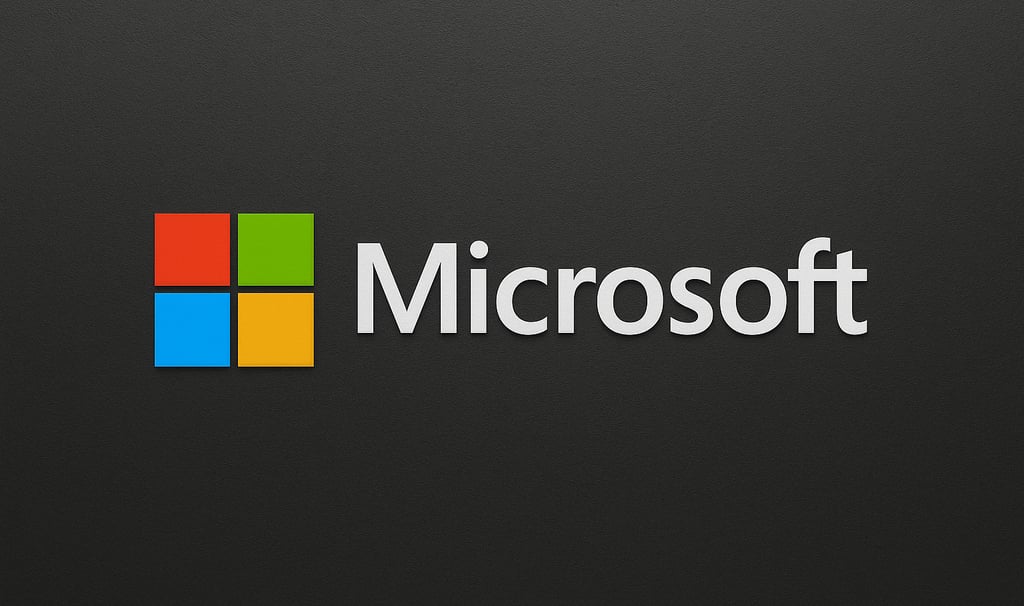Australia Sues Microsoft Over AI-Driven Price Hikes in Cloud and Subscription Plans
Australia files a lawsuit against Microsoft over misleading AI-linked subscription price hikes, marking a new era of tech accountability.
Raja Awais Ali
10/27/20252 min read


Australia Sues Microsoft Over AI-Linked Subscription Price Hikes
Australia’s government has launched a lawsuit against Microsoft, accusing the U.S. tech giant of misleading millions of customers by linking subscription price hikes for its Microsoft 365 plans to new artificial intelligence (AI) features. The Australian Competition and Consumer Commission (ACCC) claims the move violates national consumer protection laws.
According to ACCC Chair Gina Cass-Gottlieb, Microsoft increased prices for its Microsoft 365 Personal plan by about 45% and for its Family plan by around 29% last year, justifying the hike as necessary for integrating its AI tool, Copilot. However, the regulator argues that Microsoft failed to clearly inform customers about a cheaper “Classic” version that did not include AI features, effectively misleading millions of users.
Investigations reveal that the company applied the price hikes globally and targeted both business and individual customers, even though the AI technology remains in an early phase of development. The ACCC alleges that Microsoft abused its market power by concealing alternative, lower-priced options and putting financial pressure on small enterprises and consumers.
The lawsuit, filed in an Australian federal court, accuses Microsoft of breaching the Australian Consumer Law, which requires corporations to act transparently and fairly toward customers. If found guilty, the company could face heavy penalties and be required to implement corrective measures to restore pricing transparency.
In response, Microsoft has denied the allegations, claiming the price adjustments were part of a global rollout aligned with the introduction of AI capabilities. A company spokesperson stated:
“Microsoft remains committed to delivering premium-quality services. Our pricing structure is transparent and reflects global technological advancements.”
Technology analysts say this legal battle could set a global precedent for regulating AI-linked subscription pricing. Many major tech firms have raised prices in recent months, citing rising AI development costs — a trend that has sparked concern among regulators and consumers alike.
Experts believe that if Australia’s case succeeds, it could trigger similar regulatory actions in Europe and North America, leading to the establishment of clearer standards for how corporations monetize AI-based services.
Economists note that this lawsuit marks a turning point in digital market regulation, signaling that governments are ready to challenge Big Tech over misleading or unfair practices tied to artificial intelligence.
In conclusion, Australia’s lawsuit against Microsoft is more than just a pricing dispute — it represents the beginning of a new era focused on digital fairness, transparency, and accountability in the AI-driven economy.
Stay informed with the latest national and international news.
© 2025. All rights reserved.